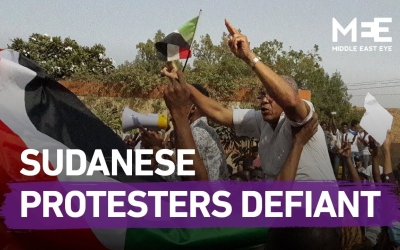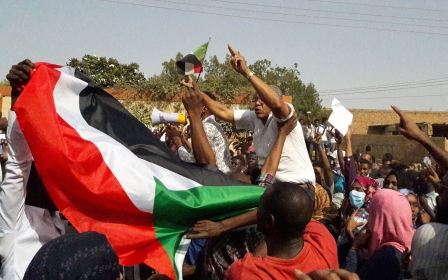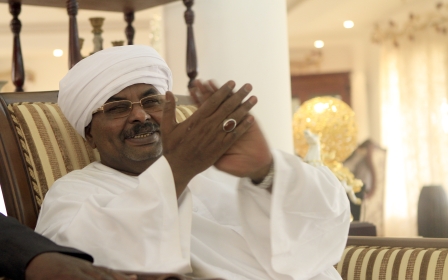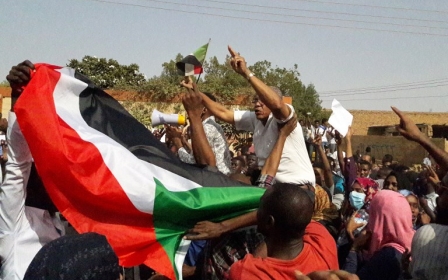Sudanese opposition party leader calls on Bashir to step down
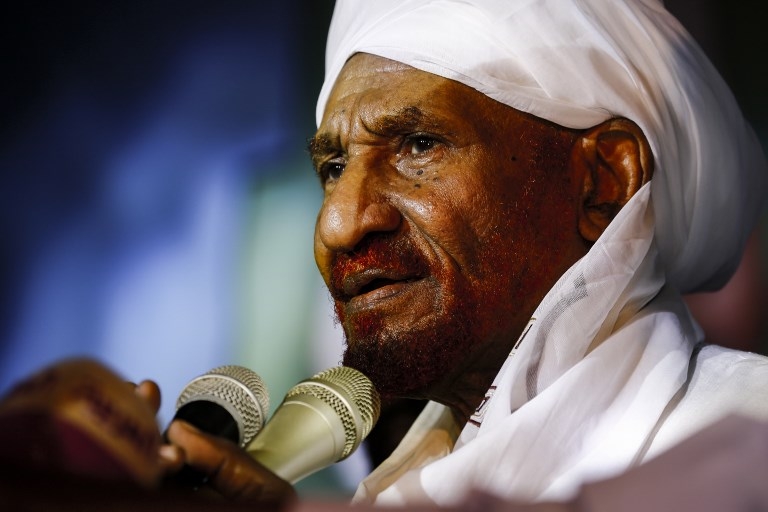
Sudan's main opposition party leader, former prime minister Sadiq al-Mahdi, on Saturday called on President Omar al-Bashir to resign and discuss details of a transition process to end the nation's crisis with the opposition, according to a statement from his Umma Party.
"You can achieve a safe exit for the country which will be appreciated by the Sudanese people and history and will transform the deep polarization into national unity and international isolation into international cooperation," the statement said, as reported by Reuters.
The call came after a week of successive measures aimed at combatting an unprecedented wave of protests threatening Bashir's three-decade rule, including declaring a nationwide state of emergency and sacking the governors of Sudan's 18 states and replacing them with military and security officials.
The statement also called on Bashir to end the state of emergency, end torture and release all political prisoners.
Protests in Sudan, initially over high bread prices, have taken place almost every day since 19 December and developed into the most sustained challenge that Bashir has faced.
After midday prayers on Friday, despite an apparent concession from Bashir, who handed the leadership of the country's ruling party to his deputy, the protests continued unabated.
The rallies, which spread to residential areas of the capital Khartoum, far from the city centre, followed the overnight trials of more than 800 protesters in three separate emergency courts established when Bashir declared the emergency last week.
Khartoum-based lawyer Noon Kashkoosh told MEE that at least 10 protesters had been sentenced to between two weeks and five years in prison on Thursday evening, while hundreds of others were released for lack of evidence.
A representative from the Democratic Alliance of Lawyers, who spoke on condition of anonymity over security concerns, told MEE that the group is preparing to submit a lawsuit in Sudan's constitutional court in the coming days in protest against the state of emergency.
Middle East Eye propose une couverture et une analyse indépendantes et incomparables du Moyen-Orient, de l’Afrique du Nord et d’autres régions du monde. Pour en savoir plus sur la reprise de ce contenu et les frais qui s’appliquent, veuillez remplir ce formulaire [en anglais]. Pour en savoir plus sur MEE, cliquez ici [en anglais].


